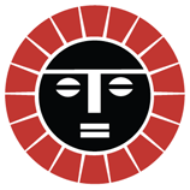Project Name:
weSpeak
Funding Dates:
2015
Status:
Ongoing
Principal Investigators:
Josephine P. Wong , Winston Husband, Josephine Etowa, Isaac Luginaah, Francisca Omorodion
Description:
weSpeak is a 5-year program of research and related activities with African Caribbean and Black men to enhance their appreciation of the conditions that help HIV to spread, strengthen their commitment to HIV prevention and consolidate community networks to end HIV and promote health among ACB communities. Researchers, service providers, policy makers and community members in London, Ottawa, Toronto and Windsor will work together to implement the weSpeak program in their cities, mobilizing heterosexual African Caribbean and Black men and communities to identify and address conditions that contribute to HIV-related health disparities.
Purpose and Objectives:
Through meaningful community engagement, rigorous research, and integrative knowledge translation, this program of research will: raise heterosexual ACB men’s awareness about how they may be vulnerable to HIV; reduce vulnerability to HIV and strengthen resilience in ACB communities; strengthen skills, abilities and knowledge among heterosexual ACB men, community agencies, researchers and policy makers for responding effectively to HIV; and mobilize heterosexual ACB men, community agencies, researchers and policy makers to develop and implement effective HIV responses in ACB communities through programs, research and policy.
Method:
focus groups/in-depth interviews, surveys and concept mapping
Population:
ACB heterosexual men
Region:
London, Ottawa, Toronto and Windsor
Start and End Date:
2015 - present
Results:
SIZZLE #1: Black Masculinities Reflect Both Social Oppressions and Expressions of Resistance and Resilience. HBM share normative beliefs of masculine expectations similar to those of other men: economic security, independence, productivity, being providers for and protectors of their families. Anti-Black racism (re)produces systemic economic, social and symbolic marginalization that undermines HBM’s aspirations and access to achieving these masculine expectations. SIZZLE #2: HBM’s HIV Vulnerabilities are Inextricably linked to Anti-Black Racist and Hegemonic Masculine Expectations HBM’s sexual practices are shaped by how they construct, understand & perform their racialized masculine identities. Anti-Black racist stereotypes in the media construct HBM as criminal, delinquent, irresponsible, uncommitted in relationships and hypersexual. SIZZLE #3: HIV/STI Responses Must Move Beyond “Pacifier Programs” of Temporary Fixes to Address Structural Drivers . HBM and Black communities are often excluded from policy program discussion and decision-making. HBM experience barriers in accessing HIV services. Being an immigrant and experiencing difficulty accessing health services in the last 12 months was associated with lower likelihood of testing for HIV (OR=0.535, P<0.05) . Diverse identities such as being single, Muslim, aged between 15-19 years and 20-29 years, are significantly associated with lower likelihood of testing for HIV. Close to one-quarter of 879 participants reported daily to weekly experiences of discrimination (i.e., treated with less courtesy, people acting as if they were afraid of Black men)
Project Indicators and Outcomes:
Funding Sources:
OHTN & CIHR

